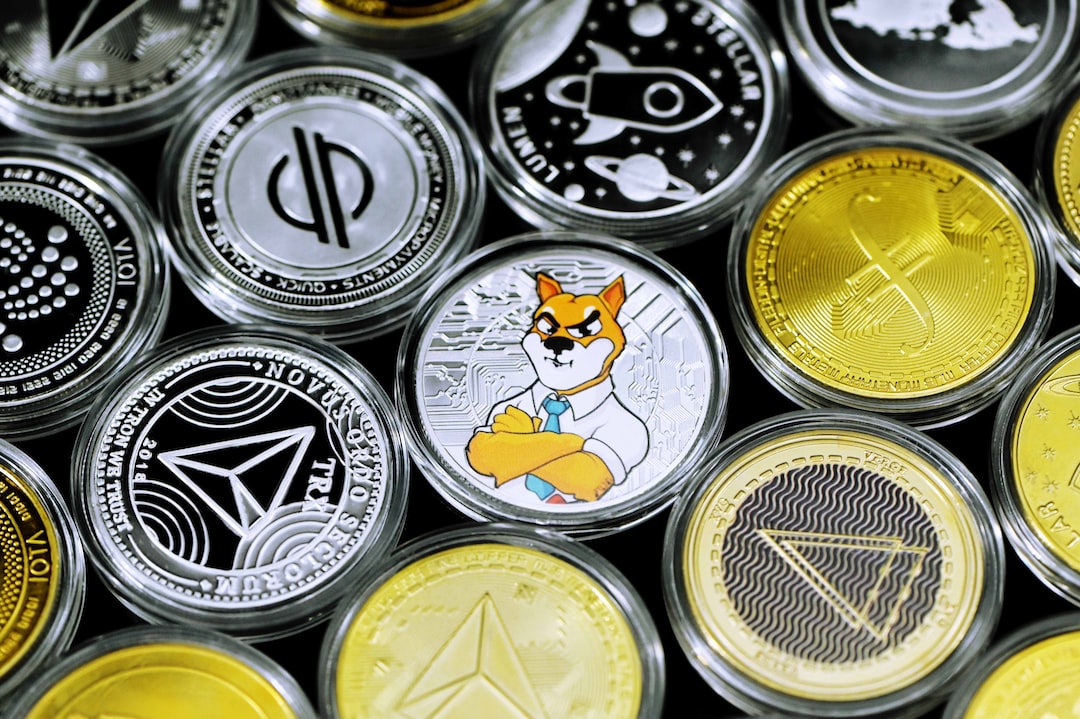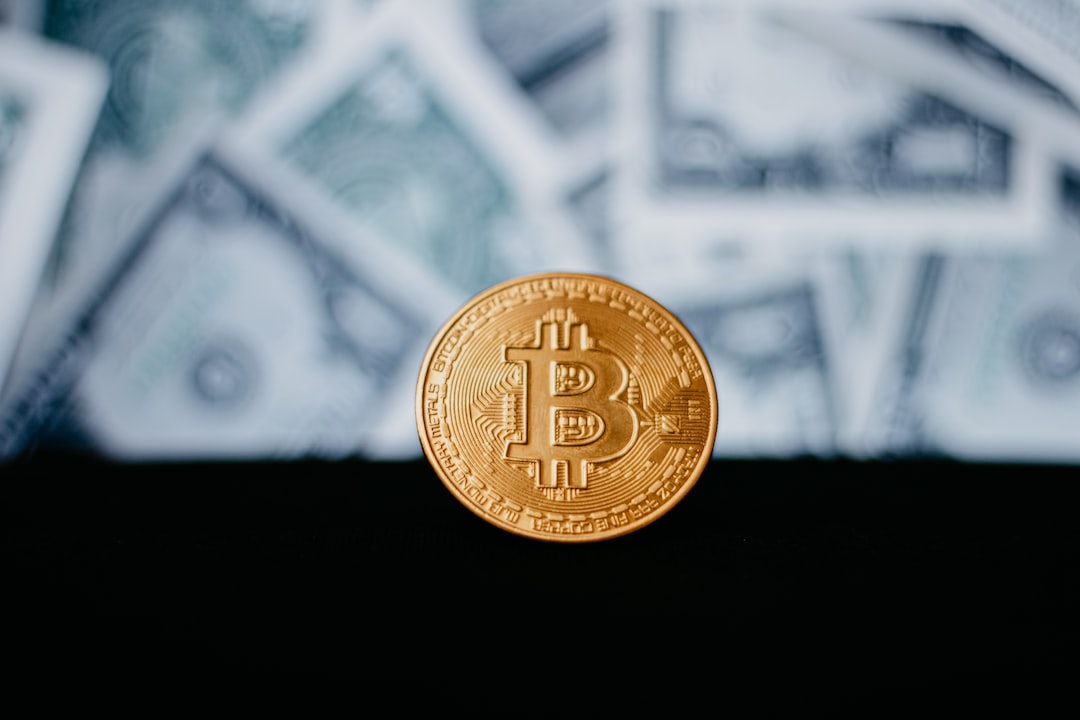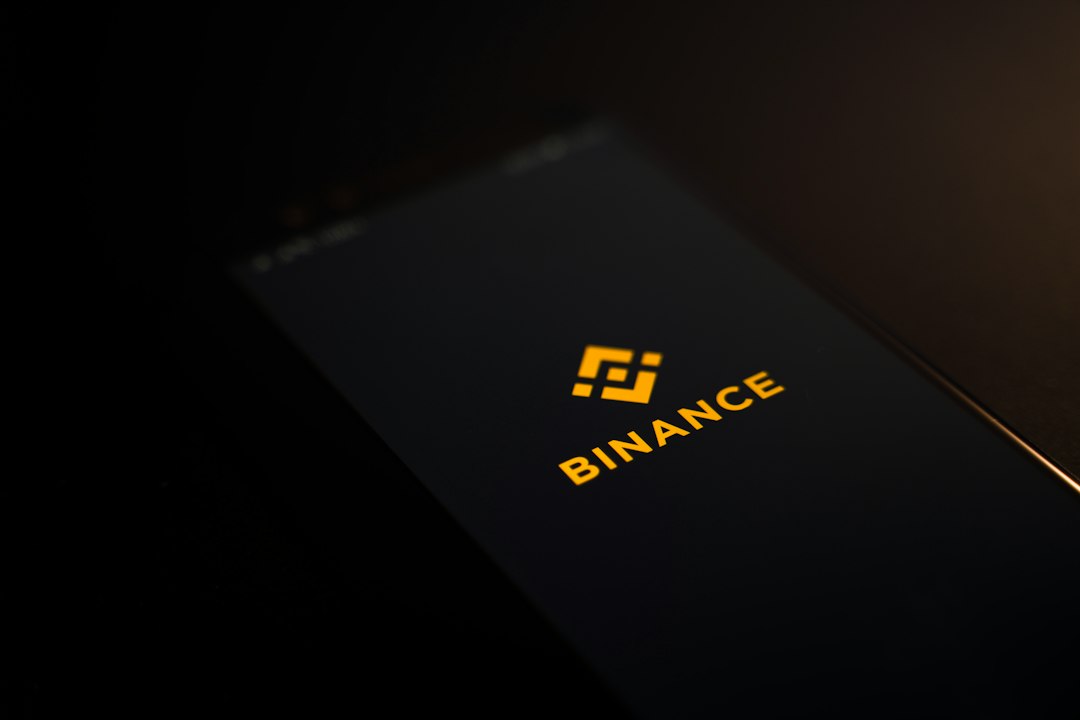China’s Central Bank Calls for Global Regulation of Crypto and DeFi Markets
China’s central bank has released a financial stability report calling for global financial authorities to regulate the digital asset and decentralized finance (DeFi) markets. The report emphasizes the need for new rules and policies to protect investors and stakeholders in the market. Virtual assets currently account for 1% of the global financial market, and there is a limited relationship with traditional finance. However, commentators believe that traditional finance will become more exposed to digital assets as more products become mainstream. Institutional investors are also entering the market, which indicates a strong future partnership between traditional finance and crypto. The report highlights the first separate section for the digital asset market.
Global Regulatory Pressure
This year has seen financial regulators taking the lead in developing policy frameworks for the crypto sector. The report cites incidents involving Terra and FTX as reasons why rules must be in place and why web3 firms must comply to protect users. To prevent regulatory arbitrage, central banks are advised to work together in creating laws applicable in all jurisdictions. The European Union has already introduced regional regulations through the Markets in Crypto Assets (MiCA) regulations, which promote uniformity in the market. Other jurisdictions, like the United States, are urged to follow suit to avoid lawsuits and regulation by local authorities.
Hot Take: China’s Evolving Stance on Crypto
China’s perspective on crypto has been evolving recently, from an outright ban years ago to now calling for regulation and observing activities in Hong Kong. The People’s Bank of China’s financial stability report signals their recognition of the need for global regulation of crypto and DeFi markets. This reflects a growing trend among financial authorities worldwide to establish rules and policies to protect investors and ensure stability in the crypto sector. As more traditional financial institutions and institutional investors enter the market, the integration between traditional finance and digital assets is becoming more inevitable. The path towards global regulation will likely shape the future of crypto and its relationship with traditional finance.





 By
By
 By
By
 By
By
 By
By
 By
By